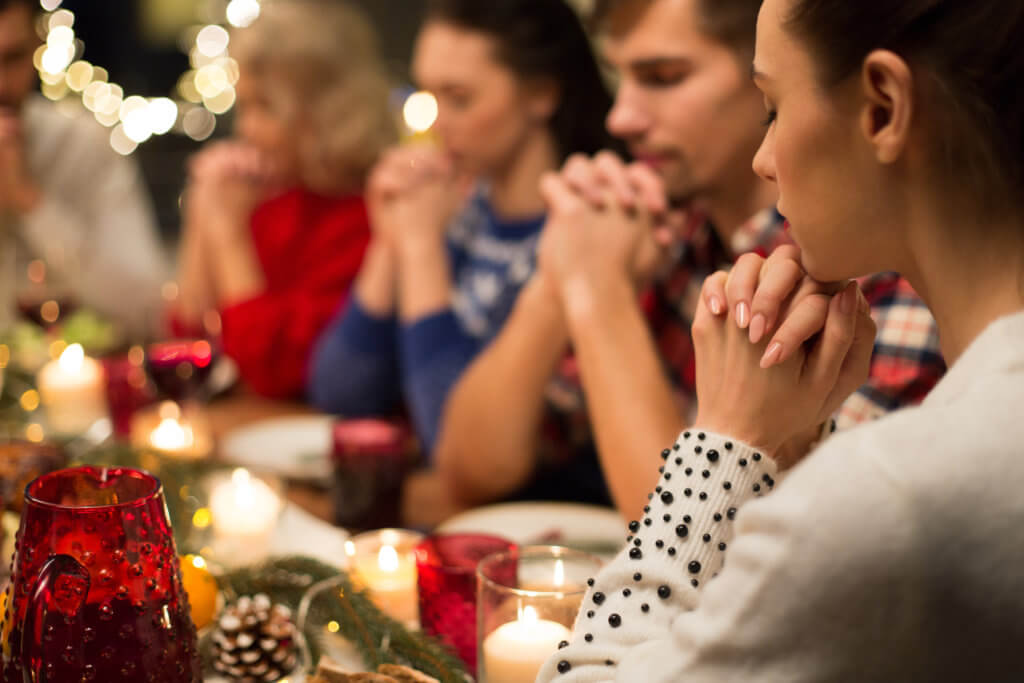For though they knew God, they did not honor him as God or give thanks to him, but they became futile in their thinking, and their senseless minds were darkened. Claiming to be wise, they became fools.
Romans 1:21-22
How are you planning to celebrate Thanksgiving this year? Have any special plans for the big day? I ask that because giving thanks is one of the most important things that human beings can do. And giving thanks to God seems especially important at the end of a difficult year for our country. We have withstood a worldwide pandemic, social isolation, economic turbulence, street violence, and bare-knuckled politics. What better time than now to celebrate God and His goodness to us!
The importance of giving thanks is highlighted in the word “thank”, which is etymologically related to the word “think”. In the ancient Indo-European languages the word “thank” and the word “think” sprang from the same thoughtful word. People understood that being thankful makes one ‘thinkful’, and being ‘thinkful’ makes one thankful. Giving thanks clears the head and helps us to see life more thoughtfully.
The apostle Paul says as much in today’s scripture in which he describes the human condition: “For though they knew God, they did not honor him as God or give thanks to him, but they became futile in their thinking…” When we do not honor God or give Him thanks, our thinking is impaired. Senseless minds, Paul observes, become darkened.
In Psalm 116 the psalmist wonders how best to thank God: “What shall I return to the LORD for all his bounty to me?” (Psalm 116:12). Quick comes the psalmist’s answer: “I will offer to you a thanksgiving sacrifice and call on the name of the LORD. I will pay my vows to the LORD in the presence of all his people” (Psalm 116:17-18).
When the psalmist talks about the “thanksgiving sacrifice” he is talking about the Biblically commanded sacrifice offered to God. It was a meal shared with God and eaten by the worshipper and his family and friends. The thanksgiving sacrifice was offered for such blessings as an answer to prayer, deliverance from trouble, or spiritual and physical healing. In this particular psalm, the psalmist is thanking God for deliverance from death (116: 3, 15). As the worshipper offered and ate the sacrifice he would tell the others what God has done for him.
Thanksgiving Day is a uniquely American holiday. While other nations celebrate a national day, Thanksgiving Day has grown up as a quintessential American day; a day set aside for giving thanks to God amidst the storms of life.
Different places and different peoples proudly vie for the honor of the first thanksgiving meal celebrated in America. There were the Spaniards in St. Augustine, Florida, in 1565, and the English in Jamestown in 1610, and in Plymouth Plantation in 1621. They all ate a thanksgiving meal for the express purpose of thanking God and celebrating His goodness amidst danger and trouble.
As Americans we really need to celebrate Thanksgiving on this coming Thursday, and every day. It is not God that needs it; we need it. It is a day for us to be thankful and ‘thinkful’; clearing cluttered minds to think of God’s blessings and to thank Him for all He has done for us. Something to think about!
A fellow traveler,
Tim



